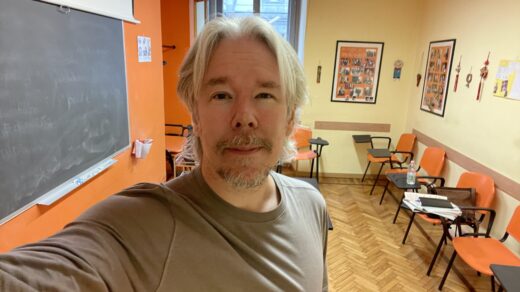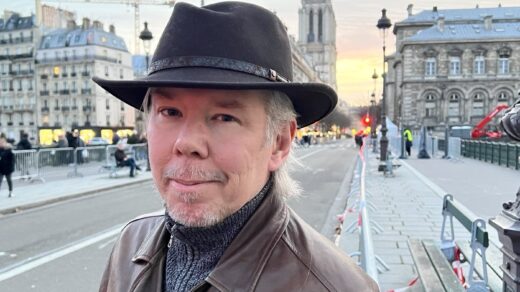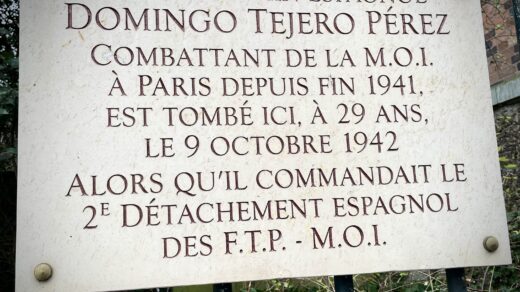Guatemalas högerpresident Otto Pérez Molina har i söndagens The Guardian (Observer) en debattartikel som lär gå till historien. Bland annat skriver han:
"Our proposal, as the Guatemalan government, is to abandon any ideological position (whether prohibition or liberalisation) and to foster a global intergovernmental dialogue based on a realistic approach – drug regulation. Drug consumption, production and trafficking should be subject to global regulations, which means that consumption and production should be legalised but within certain limits and conditions. And legalisation therefore does not mean liberalisation without controls."
Budskapet kommer från en före detta general som anklagats för grova människorättsbrott under inbördeskriget i Guatemala, och vars främsta budskap i valrörelsen var hårda tag mot brottslingar. Så vad grundar då president Pérez Molina sitt radikala ställningstagande på? Konkreta erfarenheter och pragmatism, enligt honom själv.
"Twenty years ago, I became head of intelligence services in the Guatemalan army. In this capacity, I had to co-ordinate operations with several United States and Latin American agencies dealing with the fight against drug trafficking. [...] Probably the most important victory on this front was our sophisticated and discreet intelligence operation that led to the arrest of a prominent Mexican drug lord, who was subsequently sent to Mexico for trial.
None the less, the drug lord stayed in jail only eight years, managing to escape from a high-security prison, something that in itself shows the corrupting tentacles of drug trafficking. Today, this capo is listed among the 10 richest men in Mexico, and one of the richest and most influential men on Earth according to Forbes magazine. Some analysts even consider him the most prominent drug trafficker in the world. His name is Joaquín, but he is better known for his nickname: "Chapo" Guzman, head of the Sinaloa cartel."
Erfarenheter som denna uppges ha lett honom till följande slutsats:
"We cannot eradicate global drug markets, but we can certainly regulate them as we have done with alcohol and tobacco markets. Drug abuse, alcoholism and tobacco should be treated as public health problems, not criminal justice issues."
Säga vad man vill om Pérez Molina, men blyg är han inte. Ordet brandfackla är på sin plats, för det här inlägget lär inte gå obemärkt förbi i Washington. Nu återstår det att se om generalen också lyckas få upp frågan till diskussion på helgens stora toppmöte "Summit of the Americas" i Cartagena. Då kan det här bli riktigt intressant.
PS. I senaste numret av DN Världen ger jag en bakgrund till den allt öppnare diskussionen om en legalisering av droger i Latinamerika. Läs också gärna Lasse Wierups och min bok Kokain: drogen som fick medelklassen att börja knarka och länder att falla samman.





